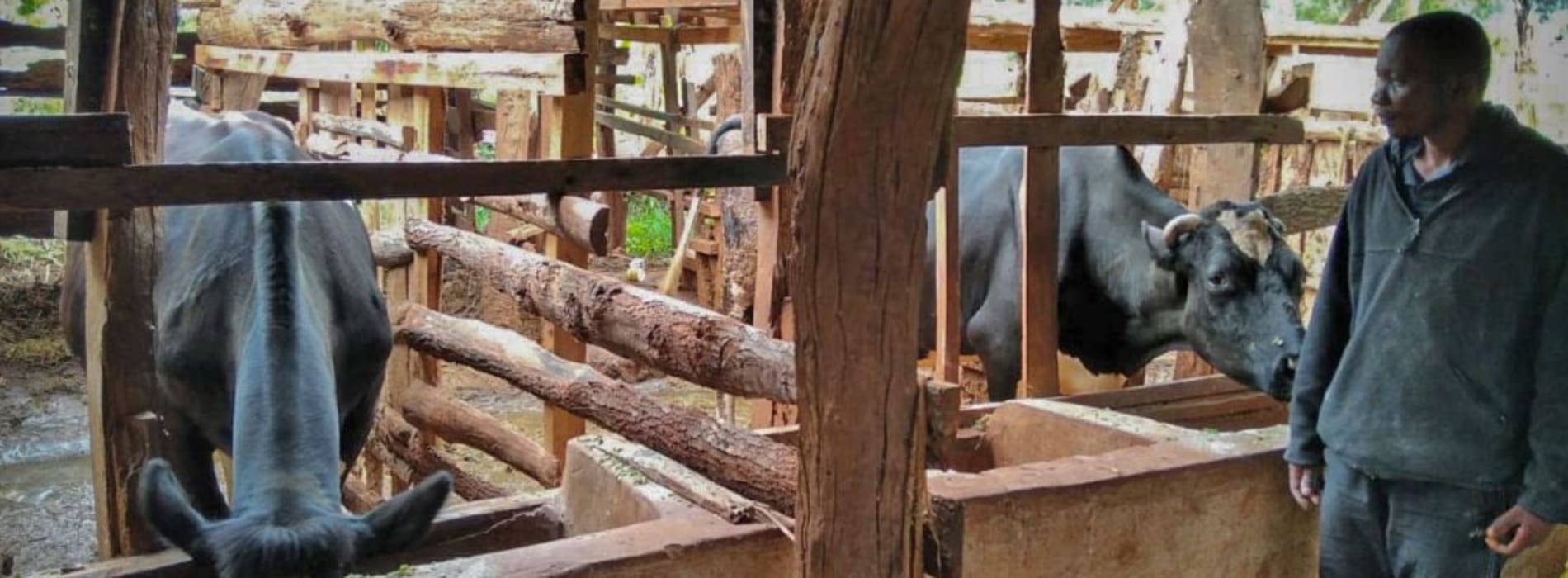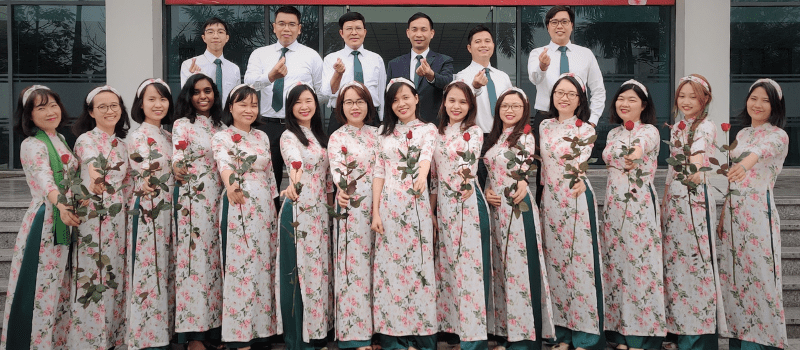When COVID-19 hit Kenya, it shook the economy exacerbating unemployment and poverty, further worsening the socio-economic situation for most people. The dairy industry in Kenya has been described as a gold mine whose potential is yet to be exploited.
Young people remain the most marginalized sub-population in Kenya, characterized by low development indicators and poor resilience to shocks.
According to 2021 estimates by the United States Census Bureau, approximately 80 percent of the Kenyan population is below the age of 40 years[1]. Statistics by the Ministry of Agriculture Livestock and Fisheries also indicate that about 64 percent of the unemployed persons in the country are below the age of 35 years, the majority of who reside in rural areas and lack vocational or professional skills[2]. Despite the potential that the dairy sector has to combat unemployment and extreme poverty, young people are not pursuing agricultural opportunities with the median age of a farmer in Kenya standing at 61 against a national median of 18 years.
Despite local milk production increasing over the years, the country still imports around 2.2 billion litres annually to fill the deficit. Some of the main constraints facing the dairy sector include poor recordkeeping which limits the availability of data to inform decision making, low quality and quantity of feed, inadequate capital and low financing, diseases and constrained access to quality veterinary services, and poor perception of the youth towards agriculture.
VWB/VSF has been working in Kenya with the aim of building the capacity of Mukurwe-ini Wakulima Dairy Limited (MWDL) and Meru Dairy Co-operative Union Ltd to support poor small-scale farmers to improve productivity and consequently improve their socio-economic well-being. Continuously engaging in changing the perception of young Kenyans towards agriculture can improve their involvement in the lucrative dairy sector and help lift households from poverty.
Paul is a 36 years old Kenyan who got into dairy farming in 2013 with the intention of supplementing the dietary needs of the family. He never thought that one cow could produce enough milk to be considered a viable income venture. After attending a training session organized by MWDL’s extension team in his village in 2015, he generated interest in learning more with the aim of reaping extra benefits out of his dairy cow. Paul started receiving extension support from the field team, later benefiting from group meetings and individualized capacity-building sessions conducted by Canadian volunteers. Paul had this to say:
“The trainings on cow nutrition, forage management, cow comfort, breeding, and calf rearing were life-changing. I could milk even 5 litres a day before I changed my practice but today my average production per cow is above 20 litres a day for the cow I am currently milking. My second cow is calving soon and this will increase my household income significantly. If I did not have this cows, I don’t know how I would have survived the pandemic”.
After receiving trainings on best practices in animal husbandry, Paul changed the way he managed his cow and his farm. The results of the change in practice were eventually noticeable with the household recording a gradual increase in milk production. The benefits of the interventions became even more clear in the next lactating cycle as the cow recorded a peak of 28 litres as opposed to 10 litres in the previous cycle. Increased milk production directly meant an increase in income, which has resulted in improved socio-economic well-being for the household. Paul noted:
“I built a better cowshed and always ensured that it was cleaned as often as needed. I also became conscious of what I fed my cow. I come to appreciate that if my cow was well taken care of, it would take care of my family and we would be happy”.
Paul has become a motivation for young people with some visiting his farm with an intention of learning from him. Paul is always eager to share knowledge and hopefully, more young people can change their negative perception of dairy farming over time. This has the potential of creating a ripple effect that would lead to greater involvement of young people in dairy farming, leading to job creation, reduction of poverty, and greater resilience to shocks.
- VETS Volunteer Johnson Kariuki, Monitoring and Evaluation Specialist





